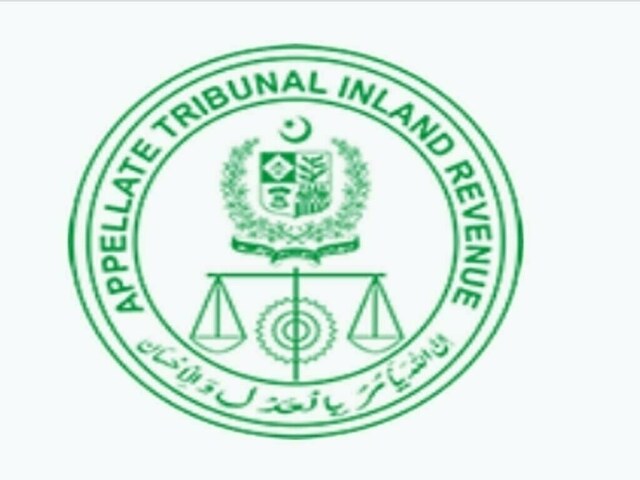ISLAMABAD: A division bench of the Appellate Tribunal Inland Revenue (ATIR), Islamabad bench, in a landmark judgment, held that the sealing of retail outlet of a taxpayer will cause undue harm to both the business entity and the broader economy, undermining the objective of efficient tax collection in the context of doctrine of proportionality.
In a detailed judgment, the ATIR has also discussed the discretionary authority of the court to permit an appellant to withdraw an appeal and the procedural requirements and legal framework governing the sealing of a registered person’s business premises for violations of Rule 150ZEO of the Sales Tax Rules, 2006.
The judgment has once again been authored by M M Akram, the senior-most judicial member of the ATIR who has earlier authored dozens of judgments on new legal issues. A Karachi-based tax consultant, Basharat Qureshi, when contacted, added that such judicial members of the ATIR selected by the FPSC through a transparent selection process, instead of lateral entry, are a blessing for the taxpayers against the high-handedness of the department and ought to be elevated to the high court to head tax benches.
The facts of the case were that the Department received a complaint alleging that the taxpayer issued invoices without QR codes or non-POS invoices worth Rs10359. Based upon these allegations, the CCIR decided to take action to seal of retail outlet.
The DCIR prepared a draft sealing order and forwarded the same to the Additional Commissioner and ultimately the Chief Commissioner, LTO, Islamabad, passed the impugned order.
The taxpayer filed a direct appeal to ATIR. During the third hearing of appeal, the taxpayer filed an application to withdraw the appeal. The application was not entertained as important legal issues were involved.
The ATIR framed two legal questions as under:
Q1. Did the impugn decision dated March 07, 2025 to seal the taxpayer’s business premises, without issuing a show cause notice or verifying the alleged invoices, contravenes the principle of natural justice and procedural fairness
The ATIR in respect of first question held that given the procedural flaws outlined above, it is clear that the action taken by the tax authorities in sealing the business premises violated the principles of natural justice and procedural fairness.
The failure to issue a show cause notice and allow the appellant an opportunity to respond constitutes a serious denial of their right to be heard. Additionally, the lack of invoice verification, the unauthorised initiation of the sealing process by an officer lacking the necessary authority, and jurisdictional errors further undermine the validity of the action. These procedural breaches, which are essential to ensuring fairness and justice, render the sealing order unlawful.
Q.2 Did the Commissioner’s decision to seal the taxpayer’s business premises and impose a penalty appropriately reflect the principle of proportionality in relation to the alleged tax evasion?
The ATIR observed that the sealing of the business constitutes a highly coercive and severe measure. Such an action may not, in every circumstance, be the most effective means of ensuring compliance with tax obligations.
Therefore, it is imperative to consider whether there exist any alternate measures within the statutory framework that are less disruptive yet capable of achieving the desired compliance. In this regard, section 40B of the Sales Tax Act, 1990 provides an alternative mechanism for ensuring tax compliance.
Copyright Business Recorder, 2025


